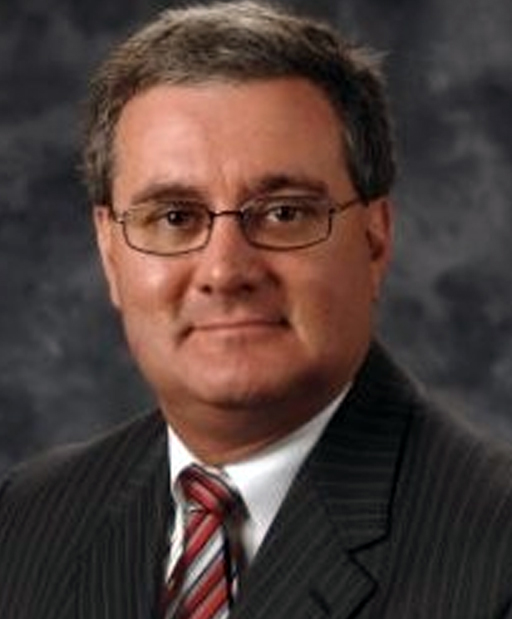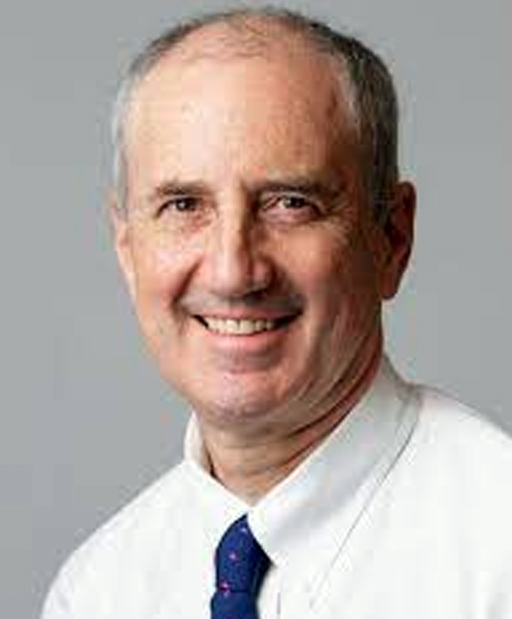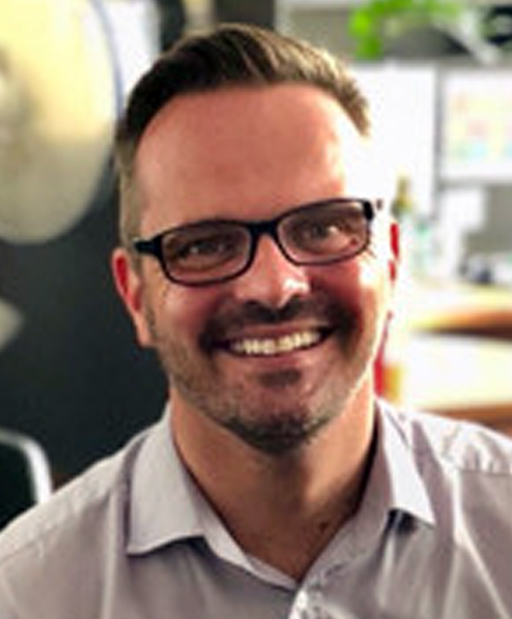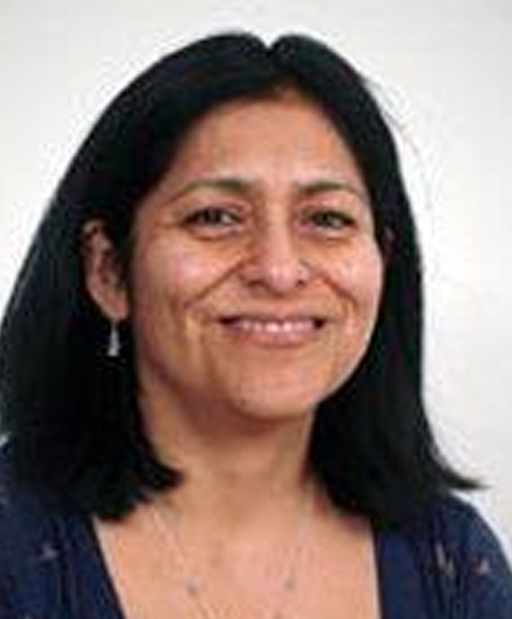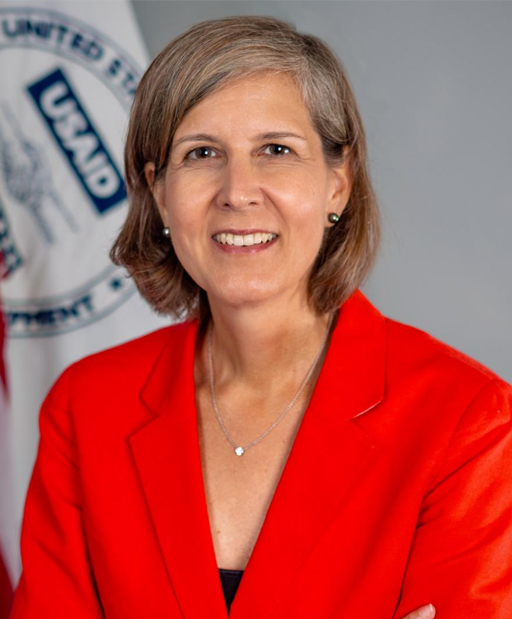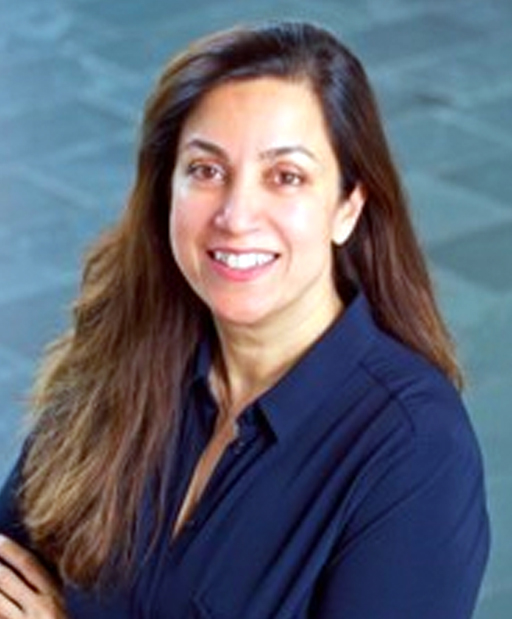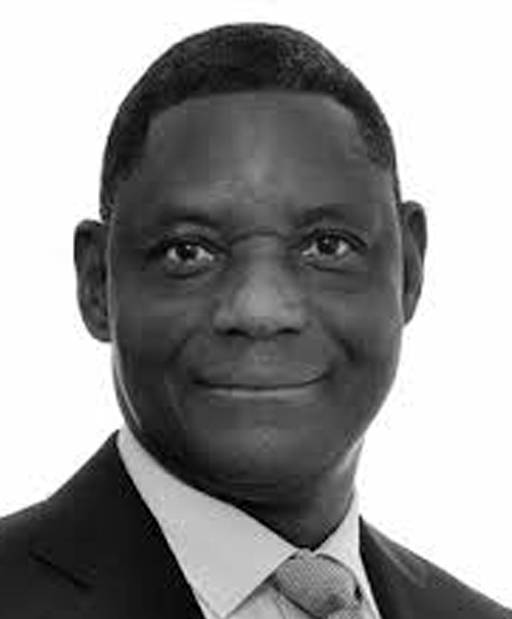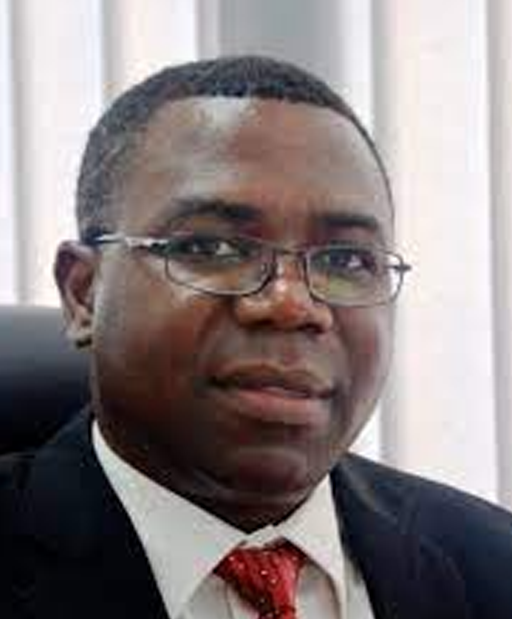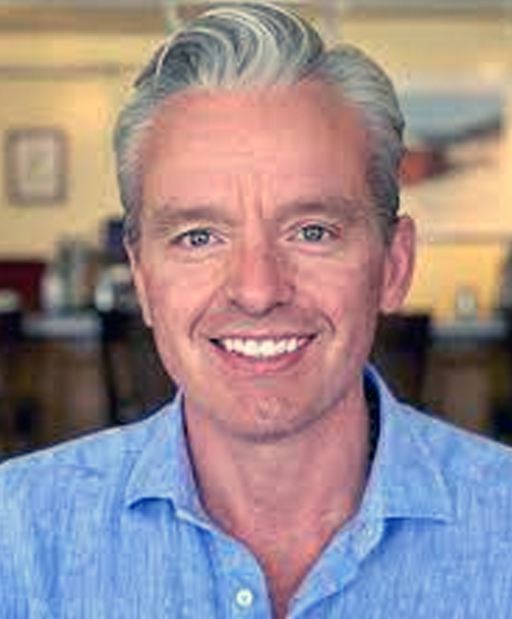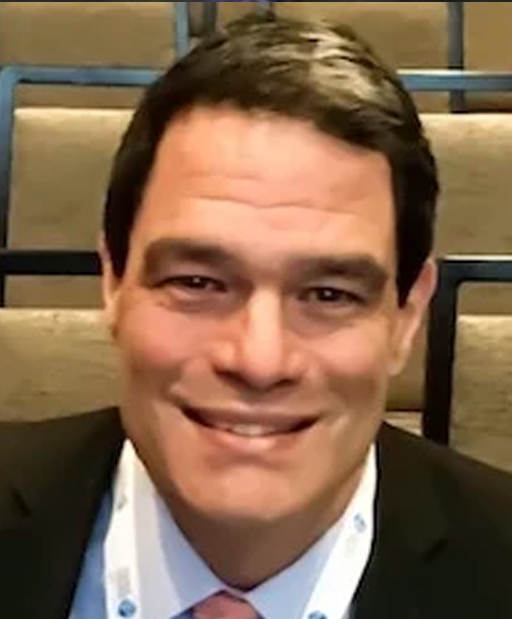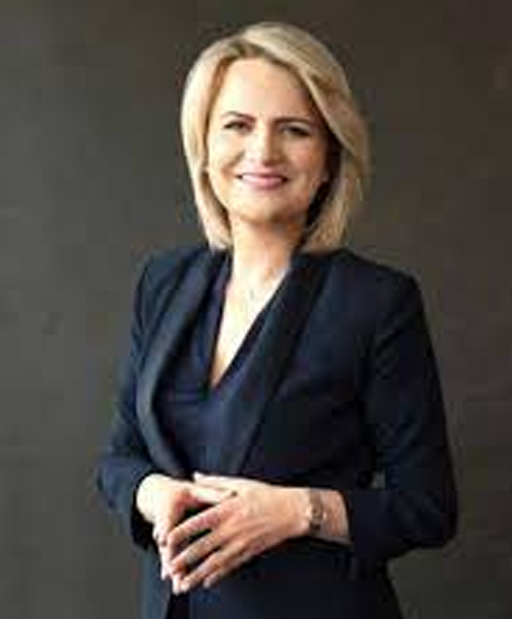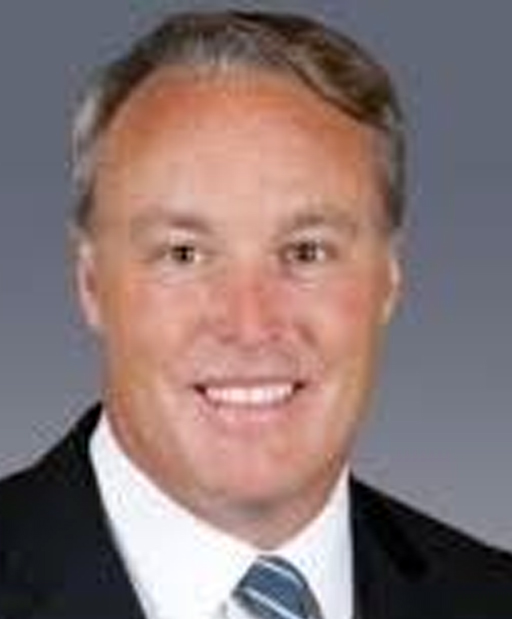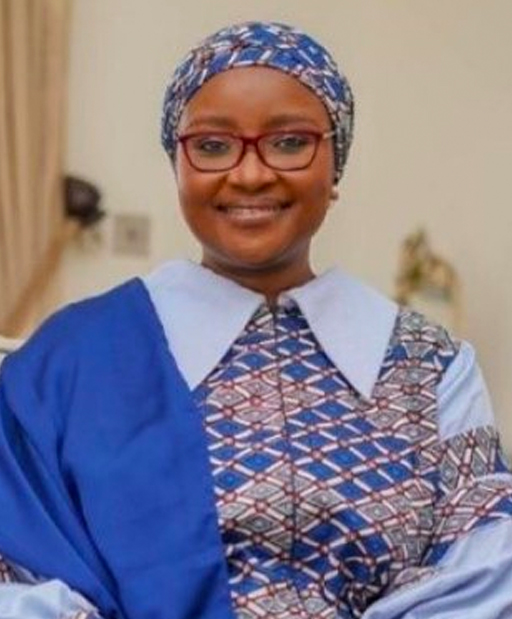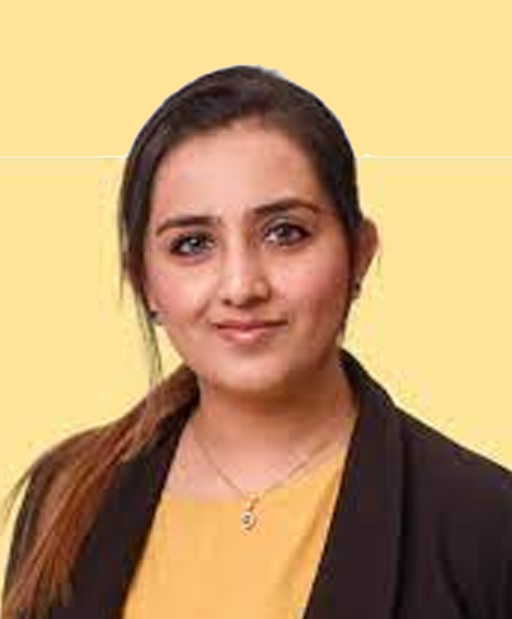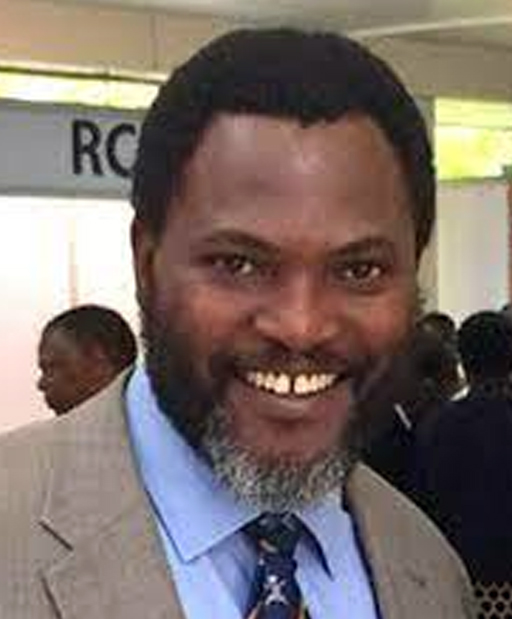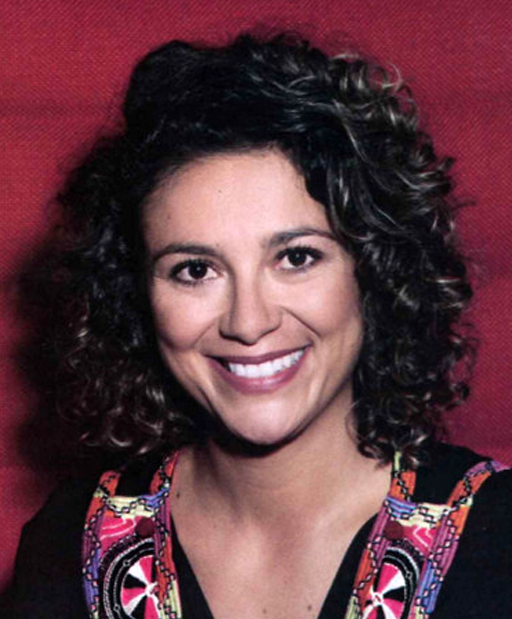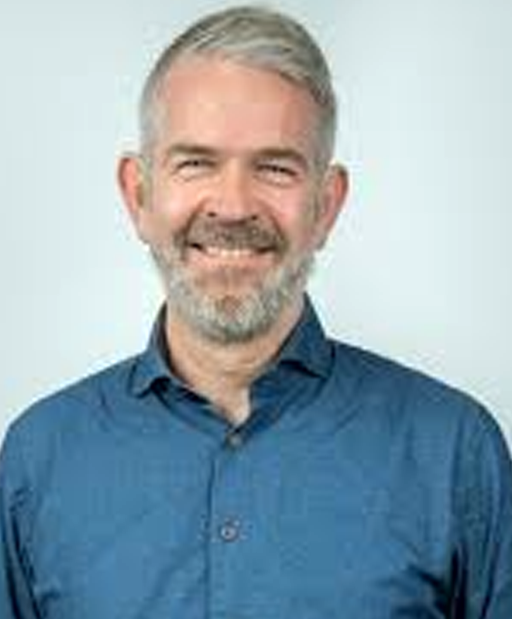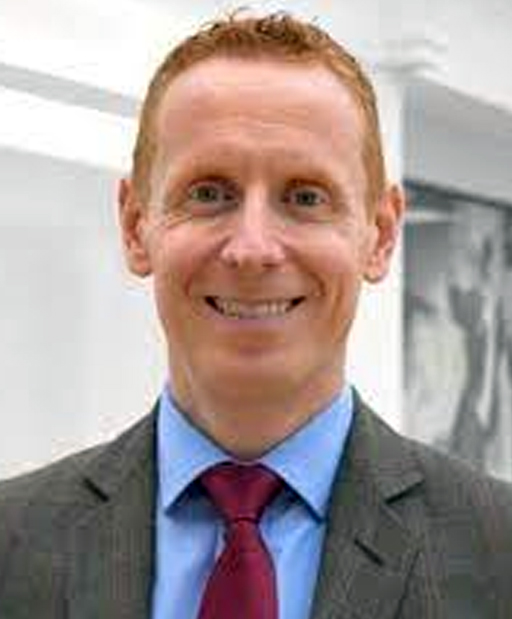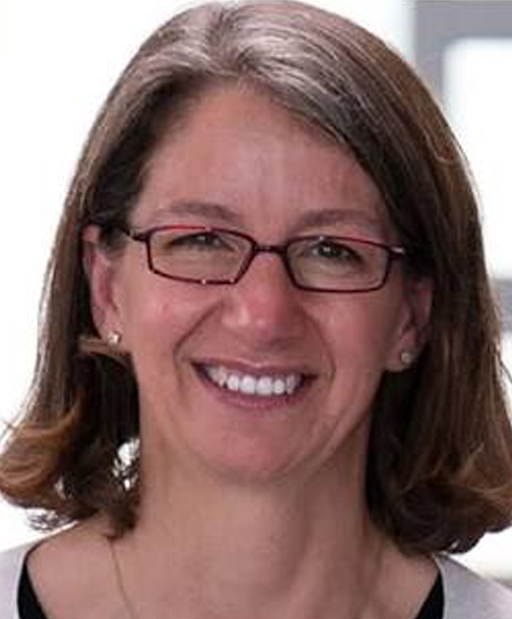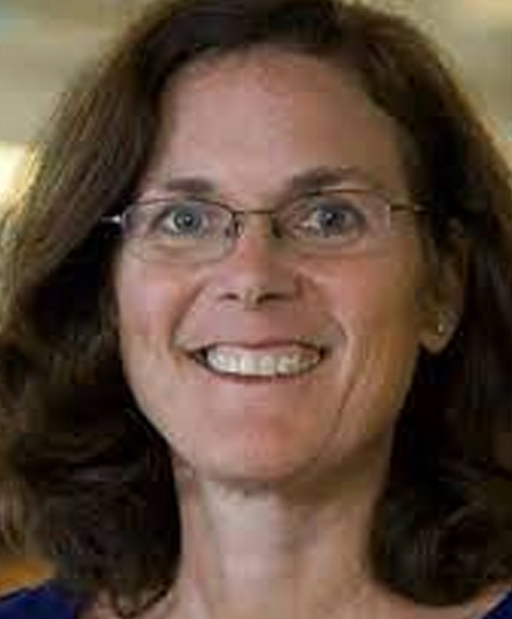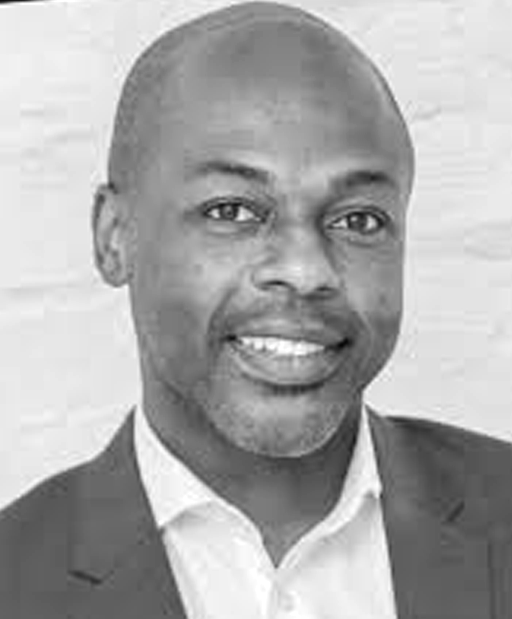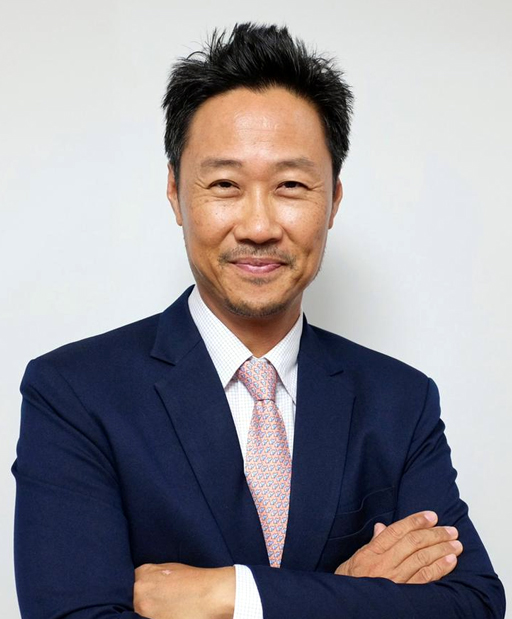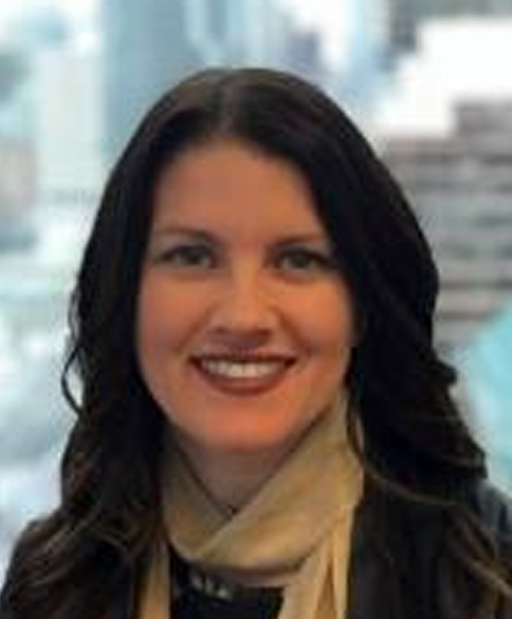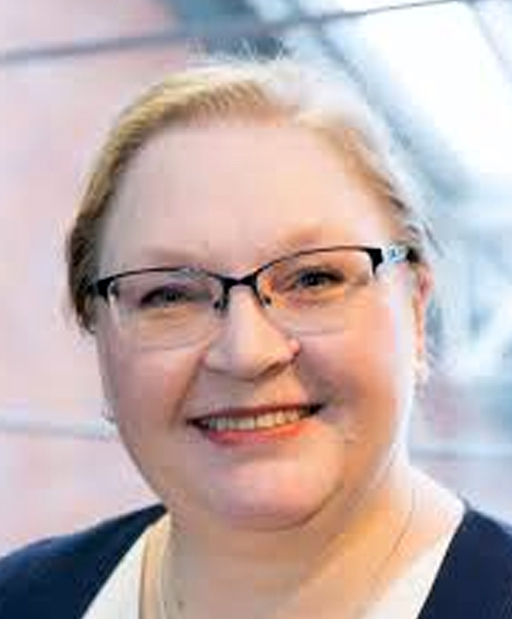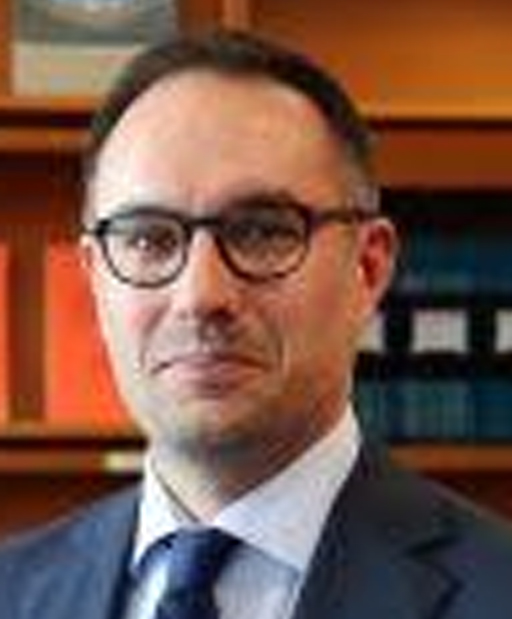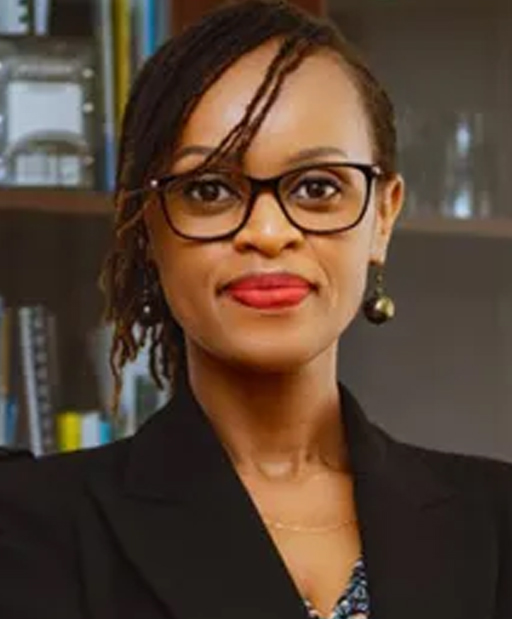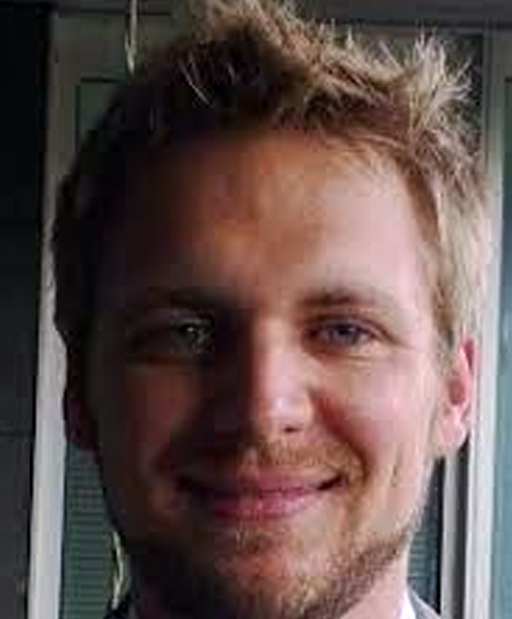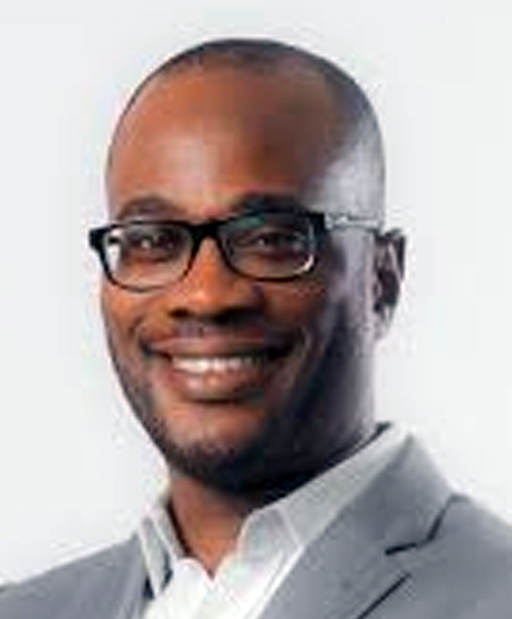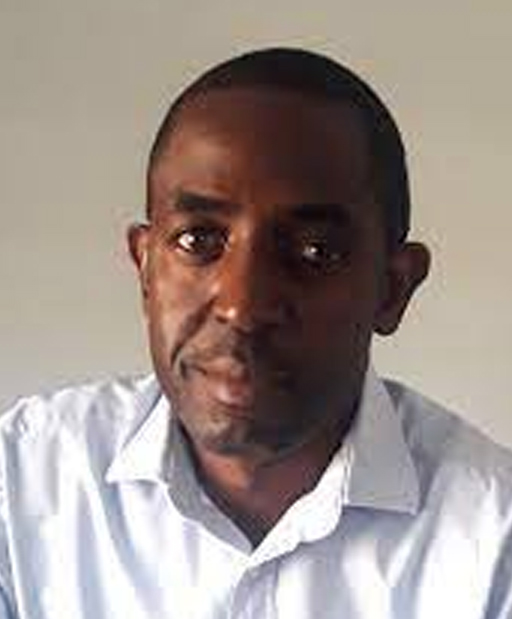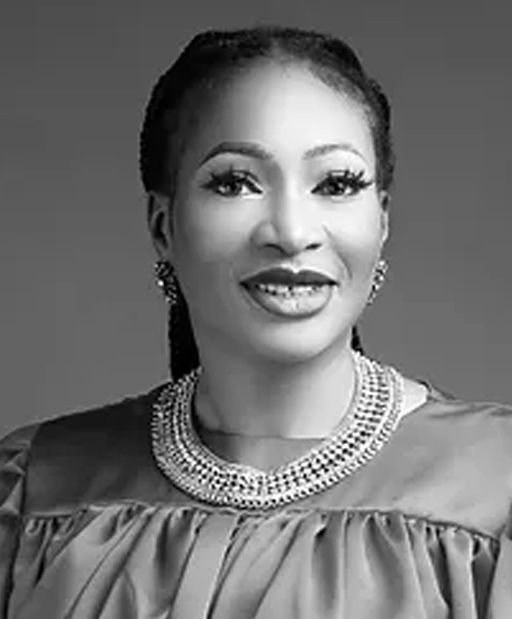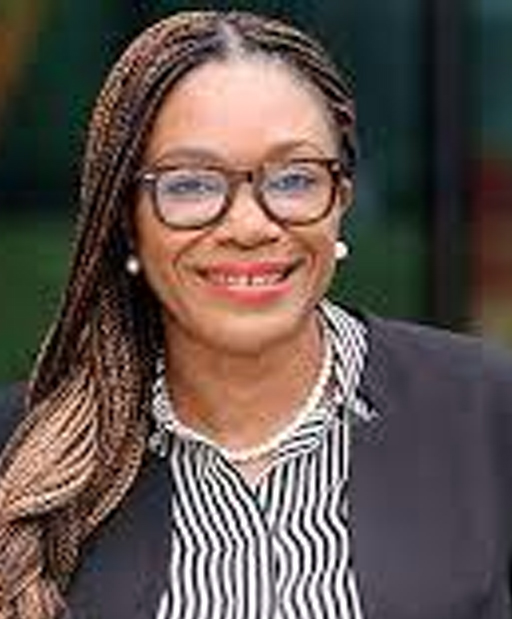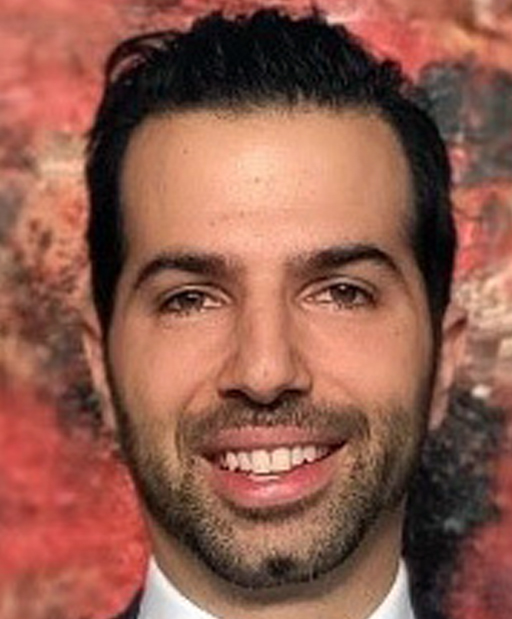
CREATING SUSTAINABLE FINANCING MODELS FOR WOMEN’S HEALTH AND ECONOMIC EMPOWERMENT
Monday, May 22nd, 2023 7:30 AM– 2:00 PM CET
Venue - The Intercontinental Hotel, Ballroom C, Geneva, Switzerland
Despite advances in gender equality, women remain at a disadvantage, suffering poorer health outcomes than men. This disparity is particularly stark in low-and middle-income countries (LMICs), where women entrepreneurs and women’s economic empowerment initiatives lack sufficient investment.
To bridge this gap, the Center for Global Health and Development (CGHD), CRDF Global, US government agencies, and the Women’s Health and Empowerment Network (WHEN) hosted a closed-door roundtable to develop innovative financing mechanisms that improve women’s economic empowerment in LMICs. The roundtable included key partners such as G7 Development Finance Institutions, Invest International, women philanthropists, and private equity firms. Partners came together to develop a sustainably financed fund dedicated to women’s economic empowerment while also scaling up successful case studies that empower women in LMIC.
At the roundtable discussion, panelist identified innovative and sustainable financing case studies for women’s health and economic empowerment informed by science and technology. Private equity investors, philanthropist’s, development finance experts and venture capitalists began the structuring of the deployment of a technical assistance vertical to have end to end sustainable financed solution for the case studies presented.
The roundtable event also led to the mapping out and allocation of the roles of equity investors and philanthropists for the creation of the Fund. By identifying the role of each stakeholder in the ecosystem, CGHD will be able to better facilitate smaller working group meetings on specific verticals of the fund.
Some key announceables include:
– The design and the creation of a blended financed fund for women’s economic empowerment to address the financial gaps of the missing middle.
– The commitment of G7 government agencies, local governments from Africa and Asia, philanthropists, development finance experts, equity investors, and venture capitalist to contribute resources to ensure the success of the Women’s Economic Fund for Technology under development.
ROBERT SMITH
CEO, Conscious Capital
QUESTION
How do we look at investable solutions that are both impact driven and financially sustainable over time?
ANNIE THERIAULT
Managing Partner, Cross-Border Impact Ventures
QUESTION
How can we leverage innovation to design and deploy on the ground solutions for women’s health and economic empowerment?
JEFFREY BLANDER
Chief Investment Officer And Sustainable Health Financing, U.S Department Of State
QUESTION
What guidance can you provide members of this working group as we move forward in the deployment of these sustainable financing models?
JOHN DEWEY
Managing Principal, Veridien Capital Partners
QUESTION
What is the best way to leverage partnerships to structure these blended financing mechanisms?
PROFESSOR ROMA CHILENGI
Director General, Zambia National Public Health Institute
QUESTION
How do we ensure that we are working hand in hand with governments when we are structuring blended finance mechanisms?
OUTI KUIVASNIEMI
Director For International Affairs, Ministry Of Social Affairs And Health, Finland
QUESTION
How has the Ministry of Health and Social Affairs in Sweden leveraged blended financing mechanisms to improve women’s economic empowerment?
TENU AVAFIA
Deputy Executive Director, UNITAID
QUESTION
What type of new and catalytic mechanisms has UNITAID been looking at in terms of women’s health?
FAUSTIN MUKENA
CEO, Africa Resource Centre
QUESTION
How can blended and catalytic financing models be practically applied to close gaps in the supply chain system and make meaningful change?
JASPER KLAPWIJK
Manager Business Development & Health Lead, Invest International
QUESTION
How can the lessons learned from previous blended financing initiatives that you have been involved in be used to guide investments into this project?
TODD SPIRES
Cybersecurity Program Operations Director, CRDF Global
QUESTION
How can CRDF Global and the Sustained Dialogue on Peaceful Uses support the scaling of initiatives in women’s health and science and technology?
MARIBEL ALMONTE
Implementation Scientist, Cervical Cancer Elimination Initiative, NCD Department, World Health Organization
QUESTION
What are appropriate metrics for evaluating progress in improving women’s health?
HAFSA SHAMSIE
Managing Director, Roche Pakistan
QUESTION
How can sustainable finance models be connected to innovative insurance models to ensure that healthcare reaches the last mile?
EMMANUEL MAKASA
Founding Director, Southern Africa Development Community’s University Of Witwatersrand Regional Collaboration Centre For Surgical Healthcare Improvement
QUESTION
What is your perspective on some of the case studies from Africa, given the unmet surgical need and how important surgical care is to Universal Health Care?
DAVID CUNNINGHAM
Chief Executive Officer, Kids Operating Room
QUESTION
How is KidsOR and Global Hospitals leveraging financing and insurance mechanisms to expand surgical care in low- and-middle income countries?
QUESTION 2
How do you structure your funding mechanism to ensure that your for-profit venture benefits your philanthropic initiative of meeting surgical needs?
ROBERT SMITH
Chief Executive Officer, Conscious Capital
QUESTION
As a development finance investor and having built different finance structures, how can you aggregate capital to create a sustainable fund?
JASPER KLAPWIJK
Manager Business Development & Health Lead, Invest International
QUESTION
How can capital be aggregated to create a sustainable fund that includes insurance models?
FAUSTIN MUKENA
CEO, Africa Resource Centre
QUESTION
How could we work in collaboration with the health and finance ministers to create catalytic financing vehicles for efficient supply chains?
CHIBUZO OPARA
Chief Executive Officer, DrugStoc
QUESTION
As a pharma-technology company that provides drugs to the last mile of consumers, what sustainable models do you leverage on to ensure you remain accountable to investors?
FILIP MEHEUS
Economic Evaluation And Analysis (EEA) Unit, Health Financing And Economics Department, World Health Organization
QUESTION
What are the challenges of private health care insurance?
HAFSA SHAMSIE
Managing Director, Roche Pakistan
QUESTION
How can the successes of insurance mechanisms be scaled by public-private partnerships?
JOHN DEWEY
Managing Principal, Veridien Capital Partners
QUESTION
How can the interests of different stakeholders in the ecosystem be balanced?
JEFFREY BLANDER
Chief Investment Officer And Sustainable Health Financing, U.S Department Of State
QUESTION
From your experience working with different investment partners, how can we look at traditional investing more innovatively and redefine the metrics of return?
PROFESSOR ROMA CHILENGI
Director General, Zambia National Public Health Institute
QUESTION
What are the challenges of social enterprise partnerships and how can they be overcome?
JASPER KLAPWIJK
Manager Business Development & Health Lead, Invest International
QUESTION
Looking broadly into primary health care affordability, what kind of de-risking tools could be available?
FILIP MEHEUS
Economic Evaluation And Analysis (EEA) Unit, Health Financing And Economics Department, World Health Organization
QUESTION
What investments are necessary to advance cancer services for low and middle income countries?
KATE OBAYAGBONA
Fellow, Program In Global Surgery And Social Change, Harvard Medical School
QUESTION
What should health insurance schemes focus on to increase affordability of care for women cancers?
HER EXCELLENCY, DR. ZAINAB SHINKAFI-BAGUDU
Chief Executive Officer, Medicaid Cancer Foundation & Board Member, Union For International Cancer Control
QUESTION
Could you talk about the insurance mechanism and sustainable financing solutions for women’s cancers that you are deploying in Nigeria?
ANNIE THERIAULT
Managing Partner, Cross-Border Impact Ventures
QUESTION
What innovative methods could be used to aggregate capital for a sustainable fund for women’s health?
QUESTION
How can you help to deploy ground solutions so that women do not die from preventable cancers?
MULEYA MWANANYANDA
Director, Influence And Partnerships, UNAIDS
QUESTION
How do we leverage partnerships to create solutions for women’s healthcare needs?
EVA MCLELLAN
Co-Founder, Unlocking Eve
QUESTION
How can we empower women to be involved in private equity and venture capital to make decisions on investments that affect their health?
ROBERT SMITH
Chief Executive Officer, Conscious Capital
QUESTION
What financial models could be deployed to overcome the challenges on the ground for the case studies being examined?
JASPER KLAPWIJK
Manager Business Development & Health Lead, Invest International
QUESTION
How can partners work together to structure the fund to scale case studies for women’s health and economic empowerment?
FAUSTIN MUKENA
Chief Executive Officer, Africa Resource Centre
QUESTION
How can the partners move forward with the case studies around supply chain management on the African continent?
GWEN KINISU
Chief Executive Officer & Managing Director At Prudential Life Assurance
QUESTION
What innovative insurance mechanisms are you deploying to bring affordable healthcare to the base of the economic pyramid in Kenya?
DR. IFFAT ZAFAR AGA
Co-Founder And Chief Operations Officer, Sehat Kahani
QUESTION
How has Sehat Kahani leveraged micro-insurance mechanisms and public-private partnerships to expand access to care in Pakistan?
LARS BEYKIRCH
Chief Executive Officer, Pristem
QUESTION
How do you use nuclear science and technology to bring affordable diagnosis and treatment closer to the patients?
TODD SPIRES
Cybersecurity Program Operations Director, CRDF Global
QUESTION
Could you share more about how you see the role of CRDF Global in supporting the scaling of initiatives in women’s health and science and technology?
DAVID CUNNINGHAM
Chief Executive Officer, Kids Operating Room
QUESTION
How does KidsOR leverage science and technology solutions to reduce costs for operating surgical systems?
ANNIE THERIAULT
Managing Partner, Cross-Border Impact Ventures
QUESTION
How do you invest in case studies for women’s health and work with other players in the health ecosystem?
MATTHEW LINDLEY
Resource Mobilization Manager, Unitaid
QUESTION
What are you doing in terms of resource mobilization to improve health care for women in low and middle income countries?
EMMANUEL MAKASA
Founding Director, Southern Africa Development Community’s University Of Witwatersrand Regional Collaboration Centre For Surgical Healthcare Improvement
QUESTION
What investments are needed to strengthen health care in low and middle income countries?
ANDRÉ ILBAWI
Head, World Health Organization (WHO) Global Childhood Cancer Initiative
QUESTION
Could you share more about the pediatric cancer initiative at the World Health Organization, the vision and the hands on approach to ensuring key elements are in place to tackle cancer?
PROFESSOR ROMA CHILENGI
Director General, Zambia National Public Health Institute
QUESTION
What next steps and opportunities can be leveraged for improved healthcare in Zambia?
Z. MARIA ODEN and REBECCA RICHARDS-KORTUM
Director Of The Oshman Engineering Design Kitchen & Co-Director Of Rice 360° Institute For Global Health
QUESTION
Could you tell us more about the case study of your work in the field of biomedical engineering?
MULENGA MULEBA
Business Development & Fundraising Director, Africa Resource Center
QUESTION
How do we move forward to implement and scale these case studies, and what impact could they have?



